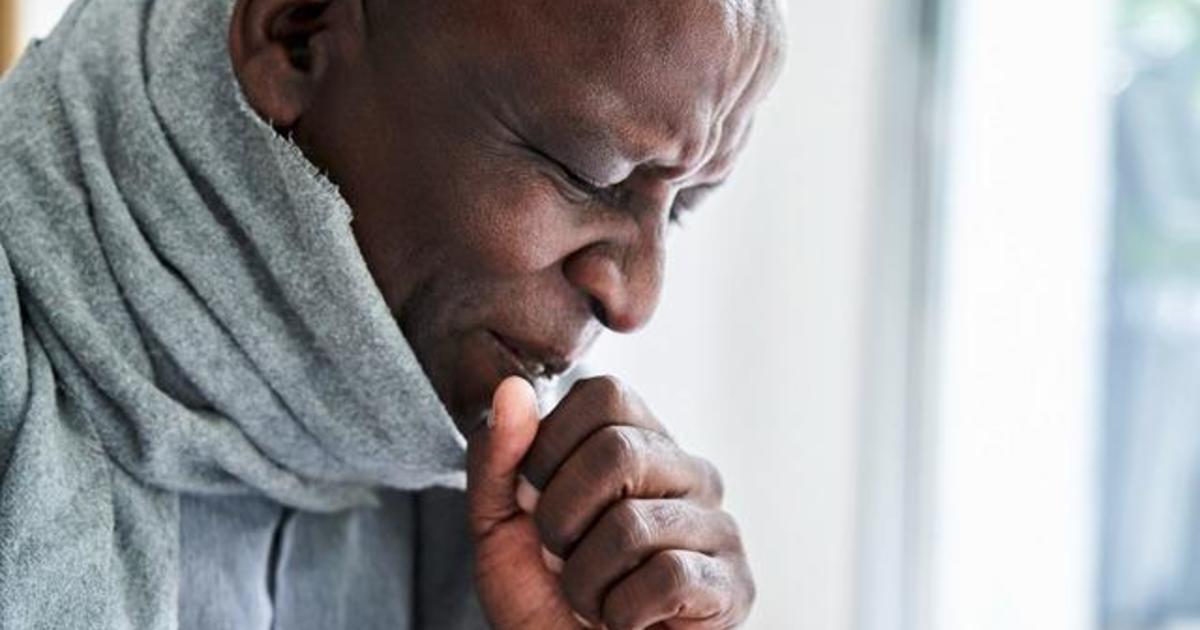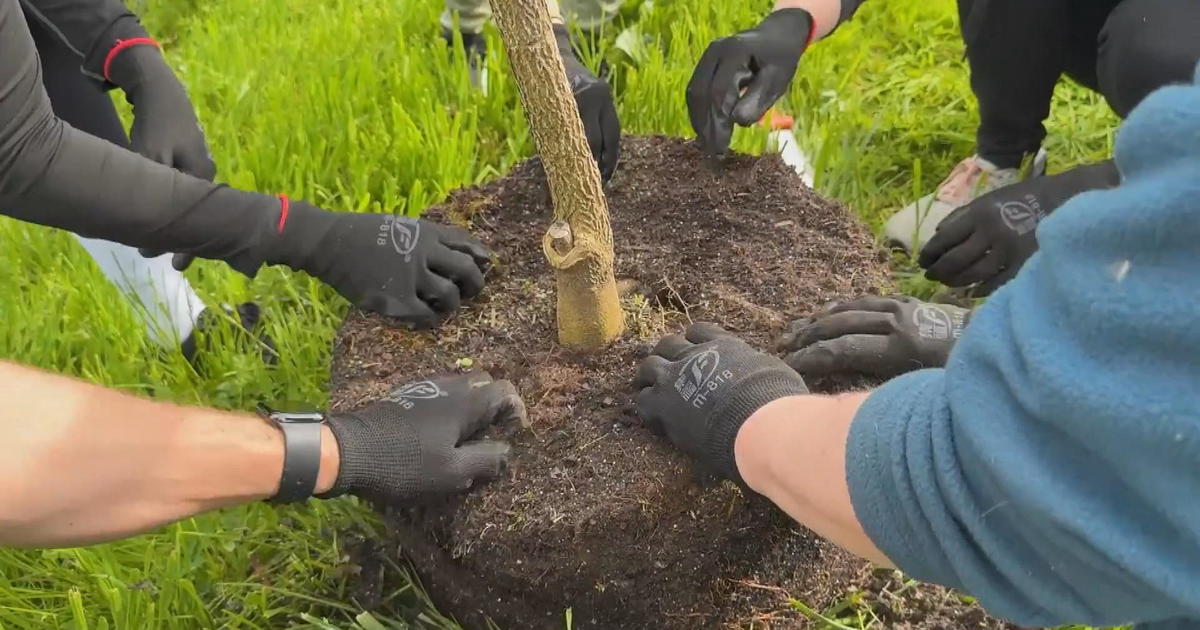'Everyday Is Very Challenging': Local Veteran Using Technology To Fight Back Against ALS
Follow CBSPHILLY Facebook | Twitter
PHILADELPHIA (CBS) -- Veterans who put their lives at risk to serve our country have an increased risk of developing ALS, also known as Lou Gehrig's Disease. One vet being treated at the Philadelphia Veteran's Affairs hopes his story will increase awareness and research to find better treatments, and someday, even a cure.
Something as simple as a hoagie, it's the little stuff that's making a big difference for Stacy and Chuck Schretzman.
They call their marriage a 28-year love affair and now they're living their bucket list.
"Everyday is very challenging," Army veteran Chuck Schretzman said.
Medal Of Honor Recipient Honored In Emotional Eagles-Cowboys Pregame Ceremony
Schretzman, 52, has ALS, a progressive and fatal disorder.
"It's something I have to come to grips with everyday," Stacy Schretzman said.
Most recently, talking has become difficult. Chuck Schretzman's brain will stay alert as his body slowly stops functioning.
"With each loss you know it's never coming back, that's the hardest part," Stacy Schretzman said.
Chuck Schretzman was a lieutenant colonel with 28 years in the Army, including combat tours in Afghanistan.
Veterans are twice as likely to get ALS. It's not known why and there might be a connection with playing football. Schretzman played for Army at West Point.
"We're definitely paying our dues," Stacy Schretzman said.
That means getting ready. Chuck Schretzman has recorded his voice for when he's no longer able to speak.
Philadelphia Honors America's First Fallen Soldiers On Veterans Day
And for when he can no longer move, there is another kind of technology.
Stacy Schretzman says the military teaches you how to be battle-hardened, so instead of being sad and scared, they focus on the good stuff -- their three children and staying strong for all the other veterans.
"We just want to send our love out to them," she said. "Let them know we're here fighting. We owe it to them to keep fighting and we're going to keep fighting hard."
Chuck Schretzman says they moved back to Philadelphia so they could be close to his high school friends from Father Judge.
Veterans face an increased risk of ALS regardless of where they served or if it was during a time of war or peace.
The connection isn't known, but doctors say it could be from stress, exposure to toxins, or genetic predispositions.



